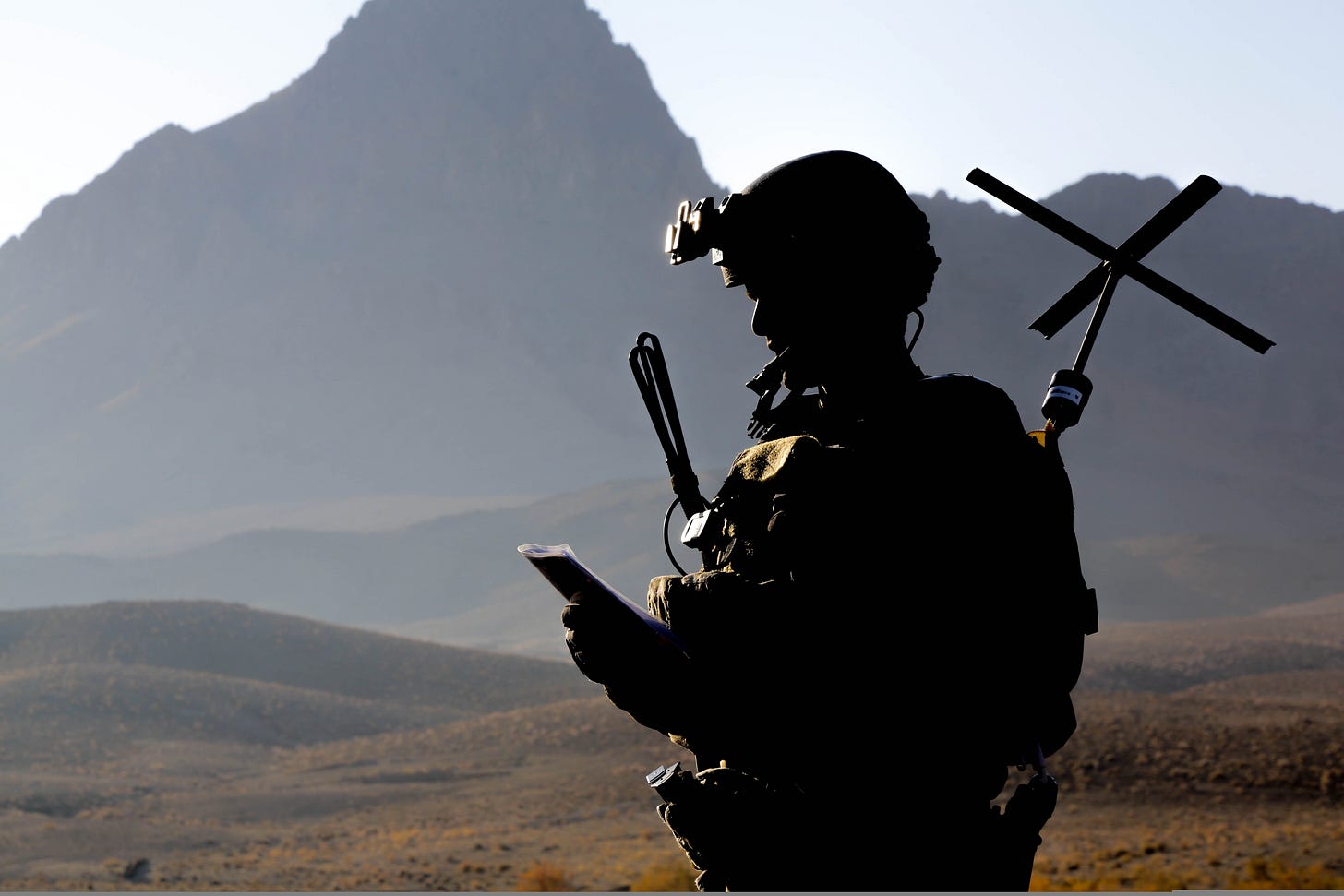At least once a week, someone calls me a hero. And I still don’t like it, but I understand it.
For many combat veterans, being called a hero is hard to acknowledge. For so many, the real heroes are scattered across the country in various graves. They’re the real heroes.
For me, at least, I bristle at being called a hero because when someone calls you a hero, I fear they likely have unreasonable expectations. Combat veterans are not superheroes. They’re not like all those action movies you’ve grown up watching. They’re real live humans, and many of them, myself very much included, have made thousands of decisions they regret or are still ashamed of.
These mistakes make some people wince at being called a hero. Sure, we’ve done a lot of heroic shit—and boy, was it fun!—but many of us don’t feel like heroes. Instead, we think we’re just doing our job to help protect Americans and our interests abroad.
Part of bridging the civ-mil gap, which we’re trying to do around these parts, is explaining where miscommunication happens between veterans and civilians. But it’s a two-way street.
At least, for me, I try to empathize with Americans, even though, en masse, they drive me bonkers. Nevertheless, as I always tell every civilian, “I’m an open book, and I don’t judge anyone for how they live their lives. Hell, I killed people for a living for 20 years. Who am I to judge? So you can ask me any question your heart desires, and if you step on a landmine, I will let you know respectfully and courteously so you don’t do it again.”
I think most veterans would feel more comfortable, however, if civilians said, “Tell me your story, I’d love to learn about what you did, because I don’t know anything about it.”
Bridging the civ-mil gap shouldn’t be this hard, but because everyone is on their phones getting spoonfed, algorithmic hits from the bong, they never really talk to people face to face. In my 6 months as a civilian, I’m shocked by how little people interact with each other anymore. It’s depressing, and that partly explains why two Afghan combat veterans decided to kill Americans on New Year’s Day.




It's not that people don't like to be appreciated, but we also want to be seen and understood for what we went through. That requires conversations that Americans who haven't served can't relate to and can feel intimidated by. I agree, having seen both ends of the spectrum, it is a two way street of empathy and curiosity to better understand each other.